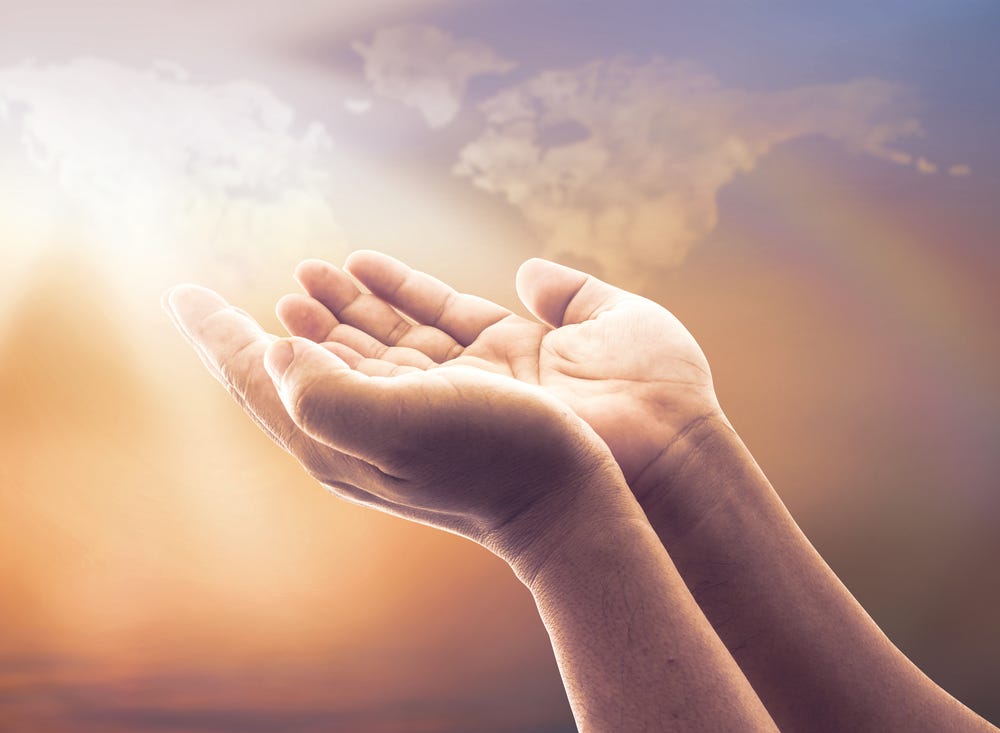Seeking refuge with the Prophet ﷺ from the weights we silently carry
اللَّهُمَّ إِنِّي أَعُوذُ بِكَ مِنَ الْهَمِّ وَالْحَزَنِ، وَالْعَجْزِ وَالْكَسَلِ، وَالْجُبْنِ وَالْبُخْلِ، وَغَلَبَةِ الدَّيْنِ وَقَهْرِ الرِّجَالِ
Allāhumma innī aʿūdhu bika min al-hammi wa al-ḥazan, wa al-ʿajzi wa al-kasal, wa al-jubni wa al-bukhl, wa ghalabat al-dayni wa qahr al-rijāl“O Allah, I seek refuge in You from anxiety and sorrow, weakness and laziness, cowardice and miserliness, the burden of debts, and the oppression of men.”
—Bukhārī, 2893
In just one duʿā, the Prophet Muhammad ﷺ offers us a map of the emotional, psychological, and social burdens that human beings carry. He gives us words not just for worship, but for the silent pain we often don’t know how to express.
This is a duʿā for those who feel overwhelmed—internally and externally. For those fighting battles the world doesn’t see. For those whose hearts are heavy, whose energy is low, whose dignity is under pressure. It is both a mirror and a refuge.
Anxiety and Sorrow: The Turmoil Within
The duʿā begins with al-hamm (anxiety, distress about the future) and al-ḥazan (grief, sorrow over the past). This pairing captures a timeless human struggle: our minds stuck between what was and what might be. We fear what hasn’t yet happened and mourn what we cannot undo. In seeking refuge from both, the Prophet ﷺ is teaching us that inner peace is found in presence—not by ignoring pain, but by anchoring our hearts in Allah’s nearness.
This is not about suppressing emotion. It is about transforming it through turning inward, and then upward. The Prophet ﷺ, who carried the weight of his ummah, still taught us to ask Allah to protect us from internal burdens that paralyze the soul.
Weakness and Laziness: The Collapse of Will
Then comes al-ʿajz (inability, powerlessness) and al-kasal (laziness, spiritual lethargy). These aren’t just physical states—they’re spiritual ailments. Sometimes we’re tired because we’ve overexerted. But other times, we’re tired because we’ve lost hope. We want to act, but feel we can’t. We know what’s right, but struggle to move toward it. In those moments, it is this duʿā that reminds us: ability and will are also gifts from Allah.
It’s a subtle lesson in tawḥīd—recognizing that even our strength is not ours, and our weakness is not permanent. We seek refuge not in our own resilience, but in the One who gives it.
Cowardice and Miserliness: When Fear Replaces Faith
Next, we ask protection from al-jubn (cowardice) and al-bukhl (miserliness). Both are rooted in fear: fear of loss, fear of rejection, fear of not having enough. Cowardice isn’t just fear of danger—it’s often the fear of standing up for truth, of being vulnerable, of facing what we’d rather avoid. Miserliness isn’t just about money—it’s the fear of giving too much of ourselves: emotionally, financially, or spiritually.
In seeking refuge from these traits, the Prophet ﷺ is not just asking for generosity and courage—he is asking for a heart that trusts Allah enough to let go.
Debt and Oppression: The Pressure From Outside
Finally, we come to ghalabat al-dayn (the crushing weight of debt) and qahr al-rijāl (the domination of others). These are social and material forms of burden—when the world becomes too heavy, when systems or people strip us of autonomy and dignity.
In mentioning debt, the Prophet ﷺ acknowledges how financial instability can erode the soul. In invoking oppression, he validates the trauma of being controlled, silenced, or diminished by others. This duʿā is, in many ways, a cry for liberation—within and without.
A Prayer for Our Time
This duʿā is more relevant now than ever. We live in a time of overstimulation and underconnection. We carry grief we haven’t processed, face futures we can’t predict, and perform strength while feeling depleted. Social media curates our lives, but conceals our pain. The result? Quiet exhaustion.
But the Prophet ﷺ didn’t just diagnose these burdens—he gave us a means of turning them into prayer. Not just requests, but recognitions: I am not in control. I am not alone. And I am not forgotten.
This is a duʿā to say when you don’t have words.
A duʿā for the days you feel buried.
A duʿā for remembering who truly carries the weight.



